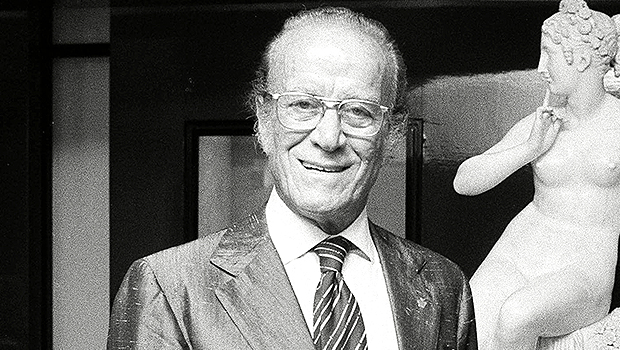Fans are wondering about the ‘House of Gucci’ movie’s illustrious cast of characters and their real-life histories. Here we breakdown 5 things to know about Aldo Gucci, the family patriarch who took the brand from a small business to a global brand.
The worldwide House of Gucci premiere is steadily approaching, and as such, the complex and crazy story of the Gucci family is front-of-mind for fans. The impressive cast list of the film sees Adam Driver as Maurizio Gucci, Lady Gaga as Patrizia Gucci, and Hollywood legend Al Pacino as the Gucci family patriarch, Aldo Gucci.
Here we breakdown five fascinating facts about Florence-born businessman Aldo who took his father’s small town leather goods business and expanded it into a global empire.
Aldo Was Born Into A Family Dating Back To The 13th Century
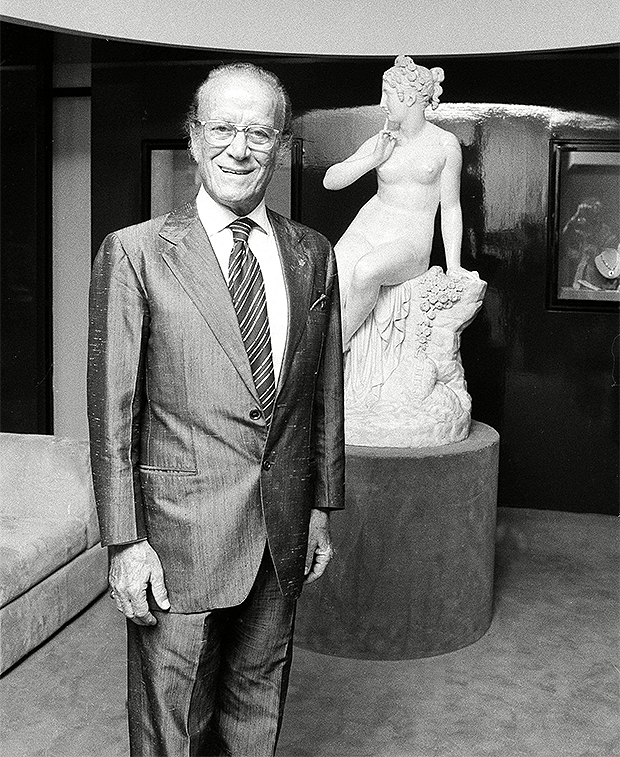
Aldo Gucci was born May 26, 1905 in Florence, Italy to parents Guccio Gucci and Aida Gucci (née Calvelli). He was born into a Tuscan family that dated back to the 13th century from the nearby town of San Miniato. Aldo was the eldest of five children, with three brothers, Vasco, Rodolfo and Enzo (who died aged nine) plus a sister, Grimalda. He also had an adopted brother, Ugo, from his mother’s previous relationship.
Aldo developed an interest in equestrianism and botany and went on to receive a degree in economics from San Marco College in Florence, granting him necessary business acumen needed for the future of the Gucci brand.
He Helped Expand The Gucci Empire
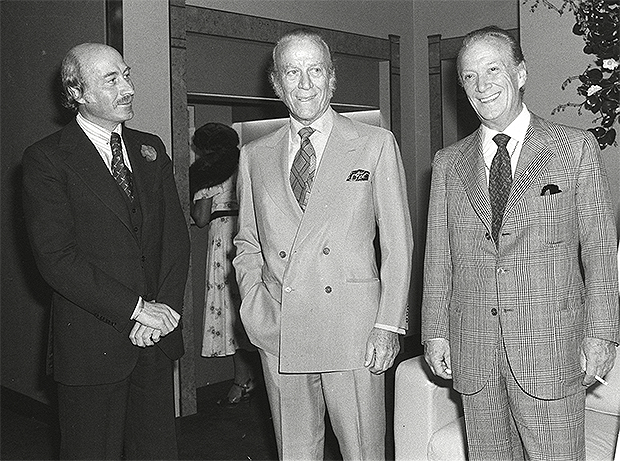
Aldo’s father Guccio was an Italian businessman and fashion designer who himself was the son of a leather craftsman father, Gabriello Gucci. Guccio founded the House of Gucci in Florence in 1921, selling saddles, leather goods, and other accessories to horsemen. It was Aldo — who started out by working part-time at his father’s shop in the ’20s — who convinced his father to open a second shop in Rome in 1938. Guccio’s one-man business then turned into a family affair, involving Aldo and his other two sons, Vasco and Rodolfo, expanding into a larger clothing and goods company. That was, of course, just the beginning.
He Created The Original “GG” Logo
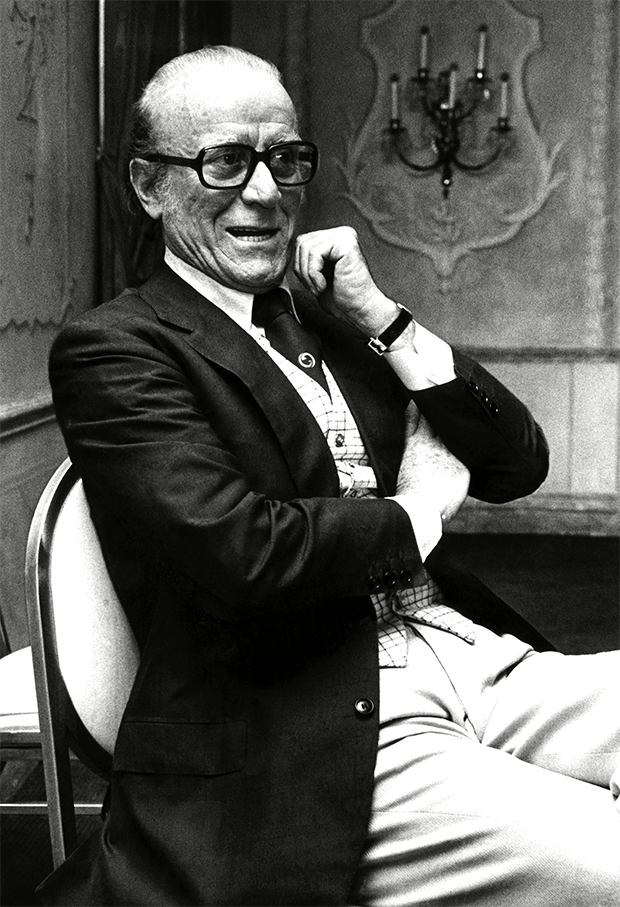
After the Gucci brand began to grow, it catapulted into stardom almost overnight after movie star Ingrid Bergman carried the bamboo-handled umbrella and bag in Roberto Rossellini’s 1954 film Viaggio In Italia, making it a go-to label for Hollywood and European elites. To help cement the brand to true iconic status, Aldo replaced their original family’s coat of arms with the now-famous interlocking double Gs, opting for a play on his father’s initials. That “GG” logo is now, of course, one of the most recognizable brands today.
He Was Sentenced To Prison For Tax Evasion
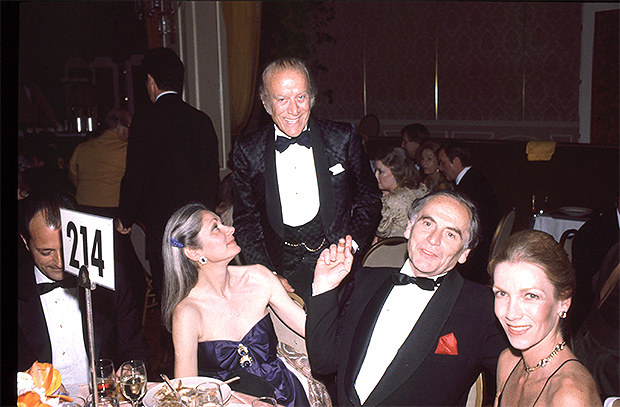
In 1980, Aldo’s son, Paolo Gucci attempted to launch his own business in the Gucci name — an obviously point of contention with his father, who ended up suing his son and threatening any Gucci supplier who would do business with him. Paolo then sought revenge, getting him removed from the company in 1984 with the help of his cousin, Maurizio Gucci, who had recently become the majority shareholder in the company.
Paolo also tipped off the IRS about his father evading his taxes, causing Aldo to be sentenced to prison for one year and a day for tax evasion of $7 million in New York. Aldo, who was 81 at the time, served time at Federal Prison Camp at Eglin Air Force Base, Florida.
JFK Honored Him As Italian Ambassador To Fashion
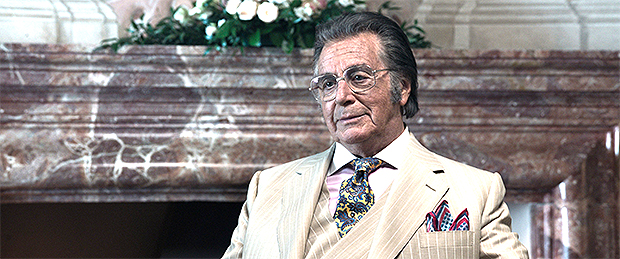
Despite his run-ins with the U.S. government, Aldo still retained a memorable legacy for his time working with the Gucci brand. The businessman was honored by U.S. President John F. Kennedy as the first Italian Ambassador to fashion and was also awarded an honorary degree by the City University of New York to recognize his philanthropic efforts and contributions. Per the New York Times, Aldo was also described as the “Michelangelo of Merchandising,” going on to open shops in Chicago, Palm Beach, and Beverly Hills, expanding the Gucci empire across the globe in places like Tokyo and Hong Kong.
In 1990, Aldo passed away at age 84 in Rome form complications from prostate cancer. He is buried in his family’s mausoleum in Florence.
